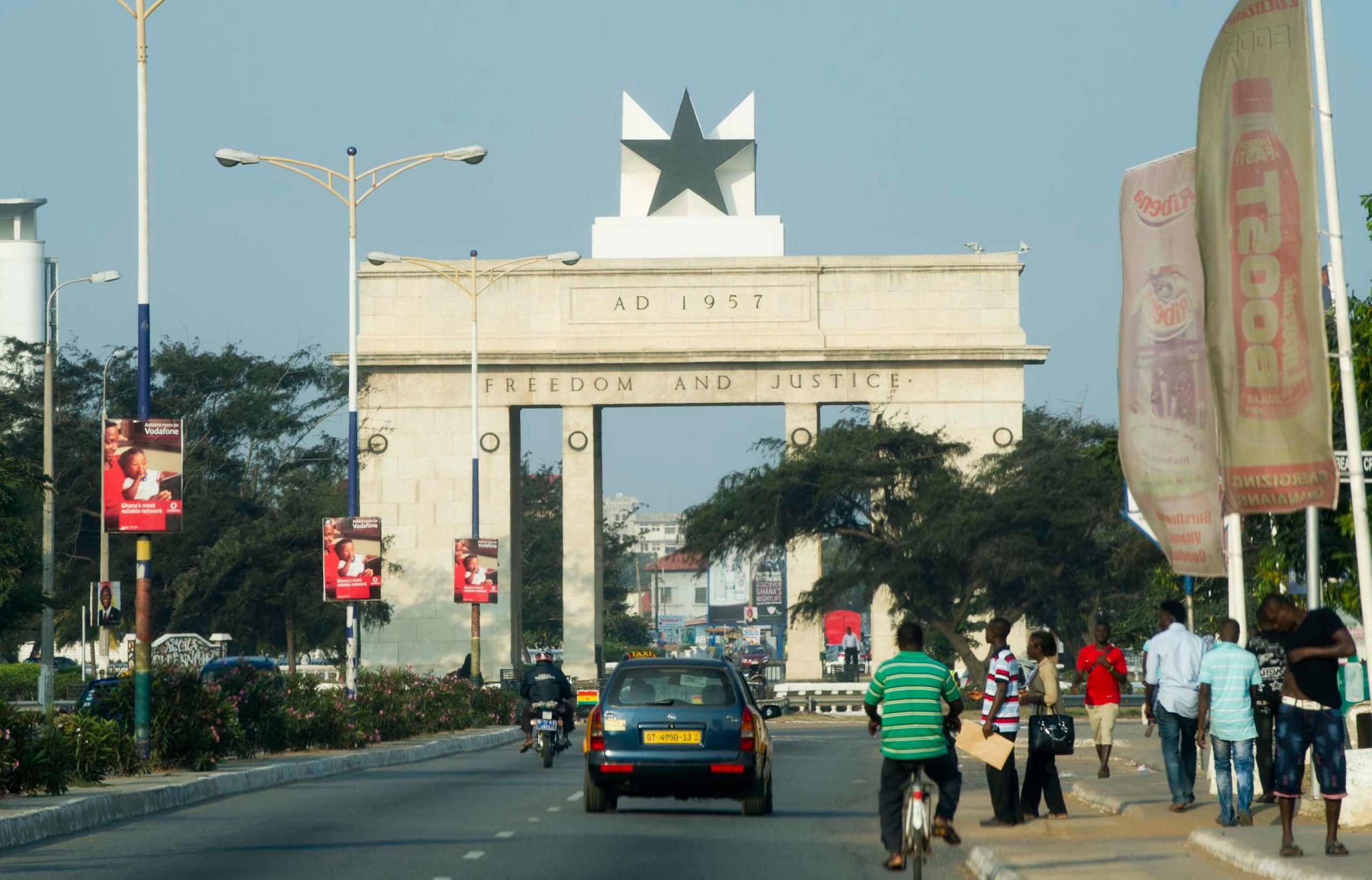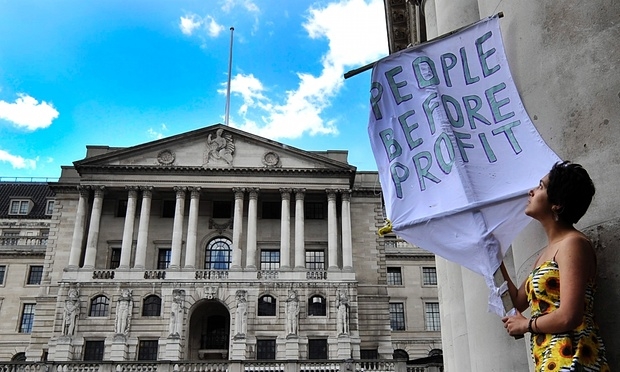
Governments past and present and with the turn of events in the foreseeable future have championed the need to create the enabling environment for businesses to thrive. Cut the cost of interest, good infrastructure, reliable power supply and the attendant economic growth enablers. But, one would ask, what businesses are they championing to drive this economic growth? The crave for Foreign Direct Investments have made African and for that matter Ghanaian governments and policymakers look across the Atlantic rather than looking within for these “economic emancipators.”
The much-touted Foreign Direct Investments to Ghana declined by a whopping 31 percent between 2014 and 2015. In 2014, Ghana recorded 3.4 billion dollars in FDIs with 185 projects but that figure declined to 2.3 billion dollars in 2015 with 170 projects. These are figures available at the Ghana Investment Promotion Centre (GIPC). With this dip in FDI, local Ghanaian businesses can pick the pieces up and grow the economy where the over-reliance on FDI has failed if the needed support for such drive is assured and given.
At the recent Ghana Economic Forum 2016, which was on the theme “A Ghanaian owned economy” various speakers drawn from the academia, corporate captains, the media and the policymaking sphere among others, spoke at length the need to have a Ghanaian owned economy going forward. But to achieve this economic feat requires some shifts in current policy directions and in some instances refining the dormant policies to suit the current, taking into consideration the global perspective.
Mike Nyinaku is the Chief Executive Officer of The BEIGE Group, a financial services firm with business interest in Banking, Insurance, Pensions and Investments, which has seen significant growth in its business portfolio since its inception in 2008 and employs over 2,000 staff. Mike defines a Ghanaian Owned Economy as one which has at least 40% of GDP derived from the economic activities of businesses of Ghanaian ownership… not origin- Ownership. His speech at the forum dwelled mostly on using entrepreneurship as a catalyst for attaining this agenda- Ghanaian Owned Economy. “Isn’t it a shame that 60years down independence we cannot count even 10 MNCs from Ghana? And by this I’m not talking companies owned by individuals who may have some skeletal branches outside GH, I mean companies listed on the stock exchange, employing massive numbers and who have been able to extend their dominion across our borders. That’s what I’m talking about,” he quipped.
The road to owning the Ghanaian economy is not paved in gold mined in Obuasi or Tarkwa but with the enabling environment (favorable interest rates, proper infrastructure, reliable power supply, effective public service etc.) which will aid the Mike Nyinaku’s and Oteng Gyasi’s among others yet to come to the party with their enterprising spirits and the passion to succeed beyond the potholes (high interest rates, unreliable power supply, poor infrastructure etc.) on the road. And subsequently comes with it attendant benefits to the country. A good standard of living and employment opportunities are but a few of the attendant opportunities to be derived from a Ghanaian owned economy by Ghanaians.
Countries have used state power and support to drive this agenda. The Asian-Tigers did same for their budding entrepreneurial space and the attendant advantages are evident for all to see, in Japan, Taiwan, Singapore and Malaysia and in recent times, China.
China-Represents the biggest consumer market in the world and it has the largest number of mobile users. Entrepreneurship education in China did not start until the Ministry of Education initiated a pilot project in April 2002 at nine universities. According to SeedStarters World, The Government is focused on boosting the economy and they settled up a USD 6.5B VC fund for startups in the beginning of 2015.This is the way to go if we are serious about the talk-A Ghanaian owned economy in Ghana. We can take a cue from the Chinese success story by making some drastic shifts in our education right from the basic level to the tertiary.
Countries have focused on a particular sector/industry to lead their growth with local enterprises at the forefront, Ghana can also adopt same. Do some SWOT (Strengths, Weaknesses, Opportunities and Threats) to see where we can best compete to own the local economy. The country stands to gain by being the global provider of a sort in that particular sector/industry if it is well played. The Bangladeshis took a similar path; Bangladesh: With a predominantly young population under 35 years old, it is very easy for the users to adapt to new technologies. Social enterprises are an especially strong trend in Bangladesh, and there are numerous NGOs and startup initiatives trying to provide solutions for the massive population. The government-linked BASIS is also actively working to support the IT industry, and with the annual conference Digital World it manages to attract high levels of foreign talent to familiarize them with the county’s business environment.
Ghana has arable lands for farming; the country can push forward for a modern-tech-based agriculture ecosystem with agribusinesses spread all over from Gambaga a cattle rearing zone up north to Half Assini a fishing community down south. With the adequate investments and enabling environment created locals can take advantage and this will be a giant step towards owning the Ghanaian economy by Ghanaians.
The advantages are enormous, from job creation to better standards of living among others. The talks should give way to working out to achieving this. Ghana stands the winner if Ghanaians own the economy.
Do this by;
• Cutting down on taxes for small businesses
• Reliable power and utility supply
• Sustained macroeconomic growth (fiscal and monetary discipline)
• Invest in Small businesses
• Creating innovation hubs to take advantage in new technologies
• Connect small businesses to viable partners
• Effective public service
Author: Paa Swanzy-Essuman || p.swanzy@ghanatalksbusiness.com








